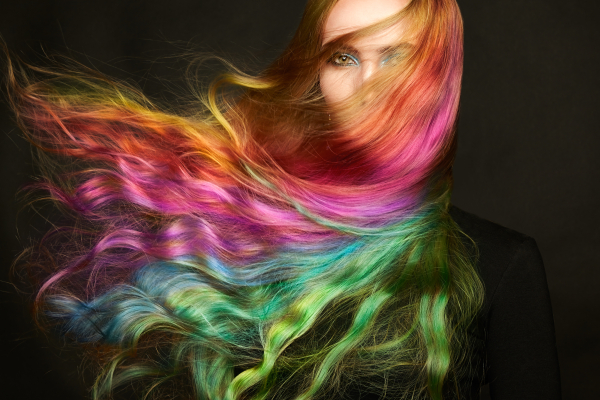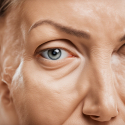7 Real Reasons Why You Can't Grow Long Hair: Insights from a Trichologist

Let's uncover the primary factors that hinder your quest for long, luscious hair with insights from a dermatologist and trichologist.
Growing long, thick hair is a dream for many. However, sometimes, despite following all hair care recommendations, achieving the desired length seems impossible. We consulted with a dermatologist and trichologist to identify the key factors that affect hair growth and prevent you from having long locks.
Why You Can't Grow Long Hair: Key Reasons
Genetics
The primary factor determining hair growth is genetics. Genetic makeup influences hair growth speed, structure, color, and the maximum length your hair can achieve. There is a genetically predetermined hair length based on the growth phases. The active phase, anagen, varies in duration for each individual, lasting from 2 to 6 years. Factors such as health, hormone levels, and age significantly impact the anagen phase, with older age shortening its duration, especially noticeable in women during menopause. Unfortunately, you cannot alter your genetic hair length, but you can maintain their health and growth within this genetic framework.
Hormones
Hormonal balance plays a crucial role in the hair follicle's structure and life cycle. Primarily, sex hormones (androgens and estrogens) and thyroid hormones affect hair growth. Any hormonal imbalance will reflect on the scalp and hair condition.
Age
As you age, hair growth slows down due to overall health and the accumulation of various health conditions. The length and health of your hair are impacted by age-related changes in the body.
Lifestyle
General health significantly affects hair growth. Diet is critical; an imbalance in nutrients, particularly proteins, vitamins, and minerals, can alter hair growth speed and quality. Chronic conditions like endocrine disorders, autoimmune diseases, cancer, and anemia can also slow hair growth. Additionally, certain medications, radiation, or chemotherapy sessions can affect hair growth. Physical activity influences local blood circulation, including the scalp. Chronic stress also hampers hair growth, highlighting the importance of mental well-being.
Hair Damage
External factors such as mechanical damage from styling tools and chemical treatments like coloring, perming, or straightening can impair hair growth. Excessive sun exposure and certain medications or supplements can also negatively impact hair. Overuse of supplements can paradoxically slow down hair growth, emphasizing the need for balanced intake.
Scalp Condition
Local factors like scalp health, inflammation, infections, and oil balance affect hair growth. Ensuring a healthy scalp is crucial for promoting hair growth.
Improper Hair Care
Hair breakage and split ends hinder length retention, often leading to haircuts. Incorrect home or professional hair care routines, frequent washing, lack of sun protection, and inadequate hydration also affect hair growth.
Tips from a Trichologist on Growing Long Hair
Adopting a comprehensive approach is essential for growing long, healthy hair. Consulting a trichologist for a thorough scalp, hair, and overall health assessment can help identify growth-limiting factors and develop a personalized plan. Professional treatments like scalp massages, mesotherapy, PRP therapy, and low-level laser therapy can stimulate hair growth.
For home care, use a gentle yet effective shampoo, conditioner, and masks with moisturizing, restorative, and nourishing ingredients. Strengthening serums with extracts of rosemary, juniper, Italian pepper, and chamomile can support hair follicles. A suitable hairbrush and heat protectants are also vital to minimize damage from styling tools. Protect your hair from UV damage with SPF products and include a diet rich in animal protein, vitamins A, B, C, E, D, and essential minerals like zinc, iron, and biotin. Consult a specialist for supplements and aim for a balanced lifestyle with reduced stress, regular exercise, and adequate sleep.








_fa3bc57e88c10de6c22aec994cb2f870.jpeg)
_6d15bc651ddda623686f5593dfe5ef2e.jpeg)

